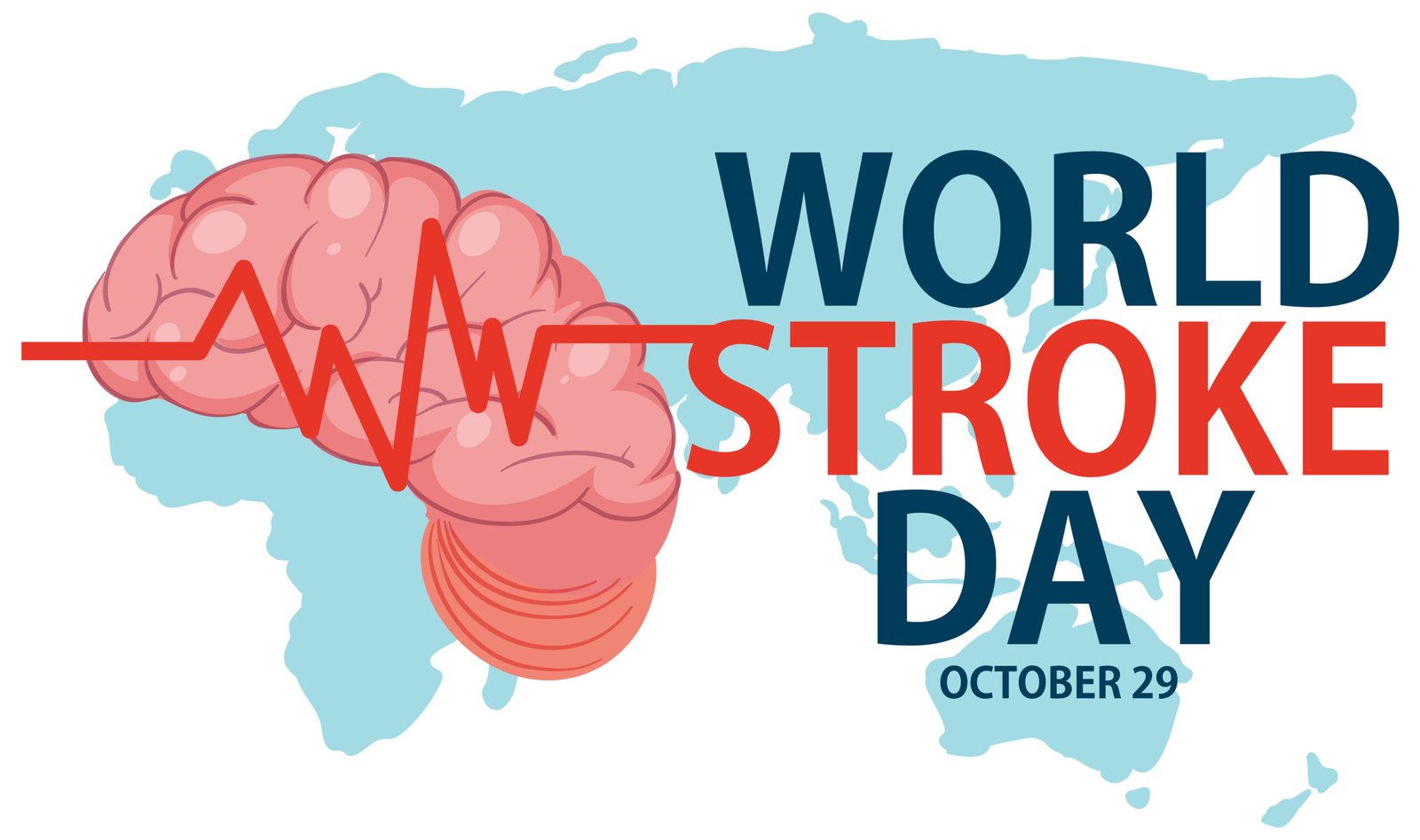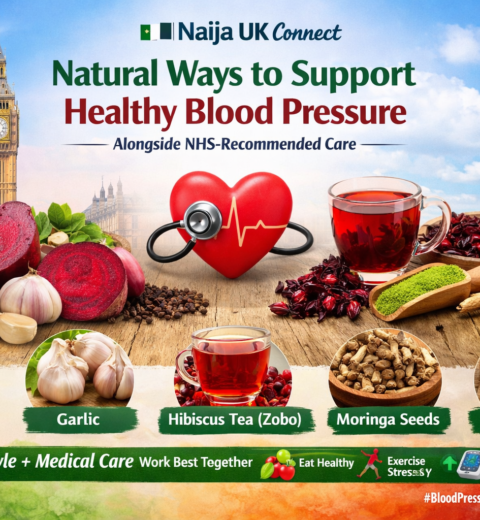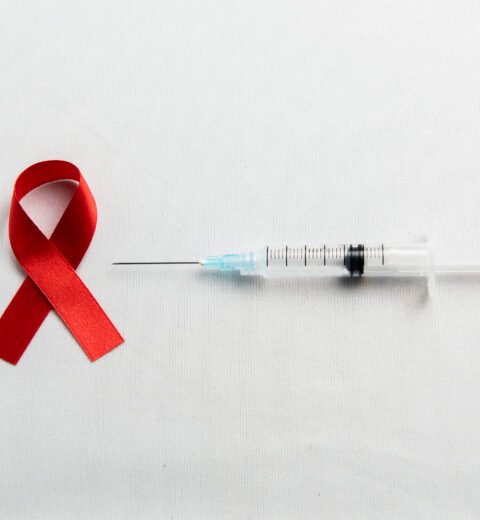Yesterday, 29 October, was World Stroke Day—a global call to action for awareness, prevention and immediate response. While this post is arriving a day late, the message remains urgent and relevant for Nigerian families living in the UK.
Why stroke awareness matters for our community
Strokes affect people of all ages, backgrounds and nationalities. According to the World Stroke Organization (WSO), physical inactivity is linked to one million strokes a year globally—and that means our Nigerian-UK community needs to take note. (World Stroke Organization)
In the UK context, living with busy schedules, migration stress, visa pressures and adapting to new routines can increase risk factors such as high blood-pressure, diabetes, sedentary lifestyle and stress.
What the research shows
- Even small amounts of physical activity—such as walking, gardening or taking the stairs—can meaningfully lower stroke risk. The WSO highlights that just getting active in day-to-day life is beneficial. (World Stroke Organization)
- A study cited by the WSO suggested that 30 minutes of moderate exercise five times a week can reduce stroke risk by about 25%. (World Stroke Organization)
- Other recent findings show that sedentary time is harmful—even if you exercise, long periods of sitting still increase risk. (People.com)
What Nigerians in the UK can do—practically
Here are tailored, culturally-sensitive suggestions for us:
- Move more, worry less: A Sunday walk in your local park, encouraging children to play outdoor games, or simply doing chores actively—these count.
- Break up sitting time: If you sit at a desk, take every hour a 5-minute movement break.
- Mind your diet and health numbers: Many Nigerians in the UK may have family histories of hypertension, diabetes or high cholesterol. Combine movement with healthy eating (fibre, vegetables, lower salt) and regular checks.
- Learn the signs of stroke — FAST:
- Face: Has it drooped on one side?
- Arms: Can the person raise both arms?
- Speech: Is it slurred or strange?
- Time: If you see any of these, call 999 immediately (UK emergency).
This can save lives. (Department of Health)
- Support one another: In our community, families often care for each other across countries and generations. Let’s look out for older relatives, friends, neighbours—check how active they are, if they get health checks and if they know stroke signs.
- Don’t feel overwhelmed: Even small changes matter. You don’t need a gym membership. Gardening, walking to the local store, playing with your children or grandchildren count.
Key takeaways
- Stroke is not only an older person’s health issue—any adult can be at risk.
- Physical activity is one of the simplest, most powerful prevention tools.
- If you’re living in the UK and part of the Nigerian community, use your network and cultural strengths to encourage healthy habits in homes, churches, community groups.
- Awareness matters: Spotting a stroke early improves chances of full recovery.
- Let’s make this awareness more than a single day—let’s act all year round.
Join Our WhatsApp Channel
Stay updated on the latest UK news, including education, health, job openings, and more for those living in the UK!
Join here: Naija UK Channel
Also, follow us on our social media channels for the latest updates and discussions:
- Twitter: @NaijaUKConnect
- Facebook: Naija UK Connect
- Instagram: @naijaukconnect




